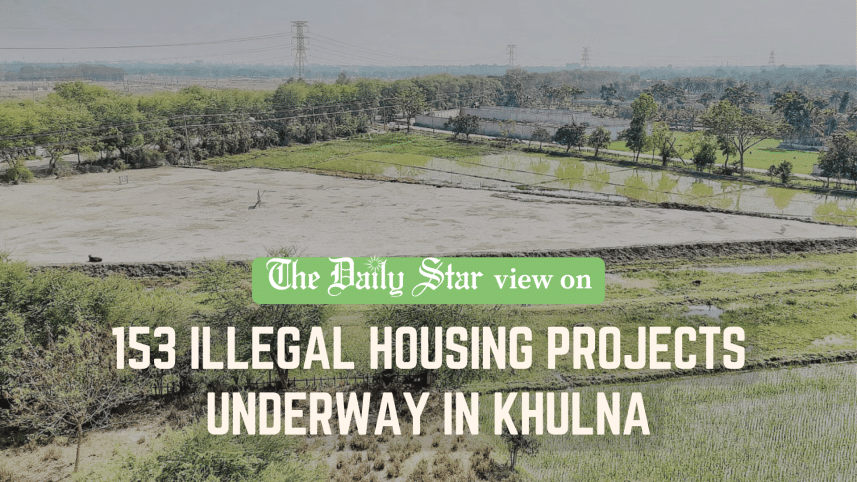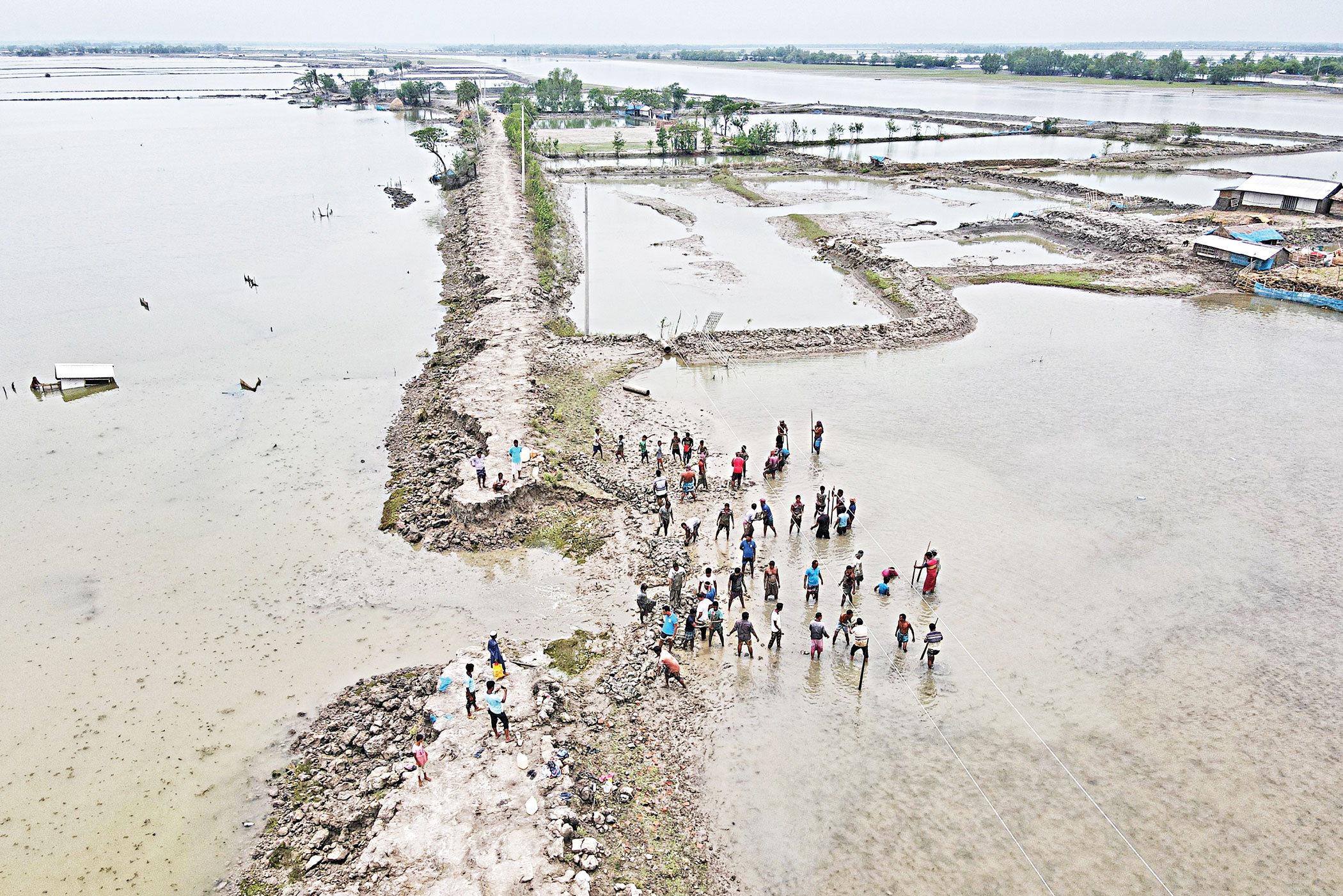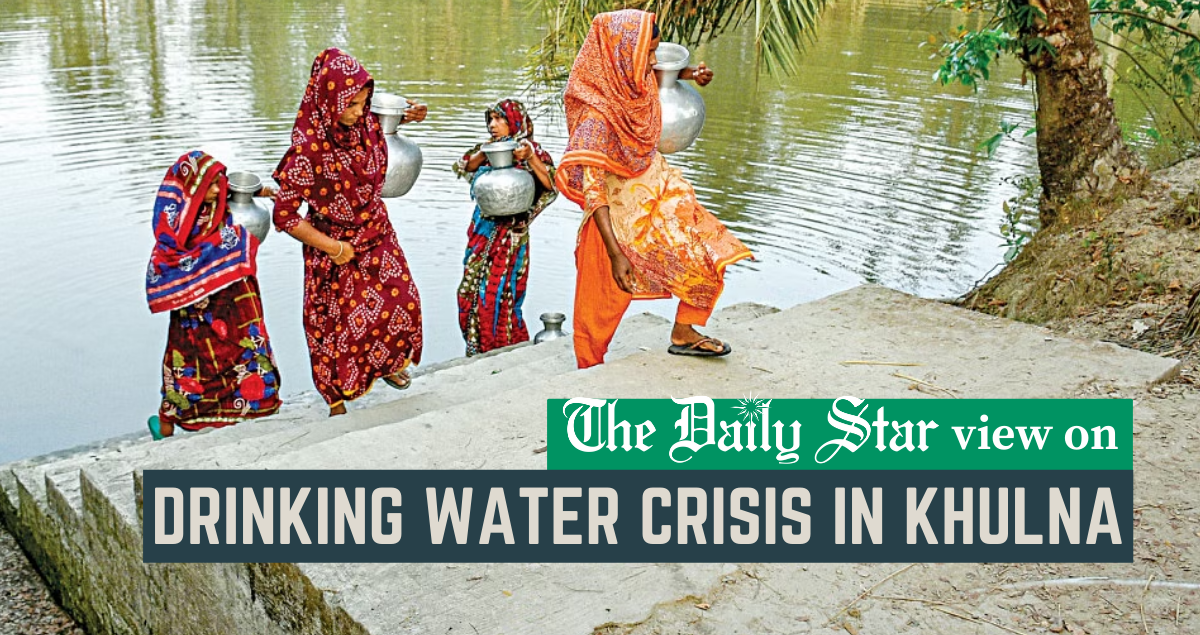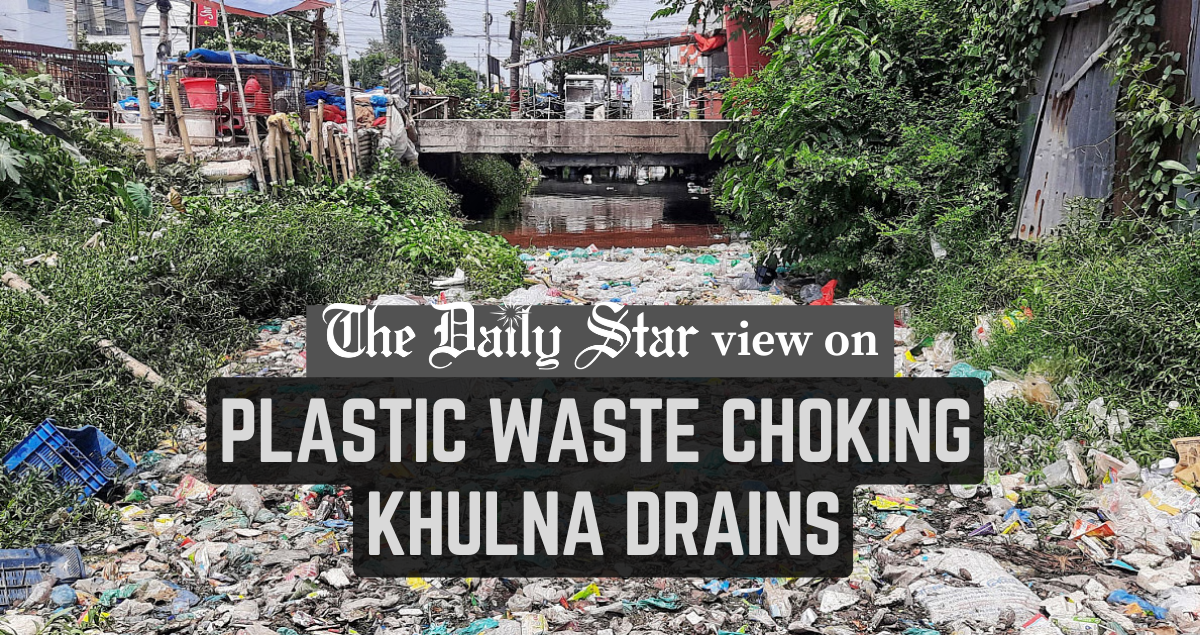Khulna must not fall into the trap of unsustainable growth

For a region prone to natural disasters because of its low elevation, Khulna really cannot afford unplanned development any more than a highly congested and polluted Dhaka, or Chattogram, can. The region is yet to recover from the devastations of Cyclone Remal that struck a month ago. Extreme events like this serve as a wake-up call for what must be done or changed. But the region seems to have been set in the opposite direction as, far from reducing its vulnerabilities, ongoing developments in Khulna city and adjoining areas could set them up for more challenges in the future.
According to a report by this daily, as many as 153 housing projects are operating illegally without necessary approvals from the Khulna Development Authority (KDA) and Department of Environment (DOE)—encroaching upon government khas lands, waterbodies, arable lands, tidal floodplains, etc. Clearly, the negligence of the authorities, both in enforcing regulations and in overseeing the approval process, has allowed these projects to proliferate unchecked. Partly responsible for this situation is the proposed expansion of the Khulna City Corporation's boundaries in 2007, which ignited a frantic wave of housing initiatives. These areas fall under the jurisdiction of the KDA, so it must take responsibility for this situation.
Of particular concern here is the encroachment of waterbodies and tidal floodplains. These serve as crucial natural buffers against floods, and their transformation will only increase the risk of flooding in the future, which is really disturbing. Reportedly, thousands of plots have been developed and sold by filling up such low-lying areas. As well as the natural risks that it poses, this unplanned sprawl also threatens to overwhelm Khulna's urban infrastructure, making it increasingly difficult for the city corporation to manage waste, develop necessary roads, and provide other essential services. Experts have, therefore, alluded to the grim prospect of these unauthorised and unplanned areas devolving into more like concrete slums eventually. Already, in a sign of the crisis that is about to unfold, the lack of land approvals has left over 30,000 plot owners facing legal issues with building construction.
The situation demands a critical intervention from the authorities. Going forward, they must ensure that no more arable lands and tidal floodplains are encroached. We cannot continue to allow the destruction of such crucial lands and waterbodies and hope to get away without any consequences. Moreover, the authorities should enforce stringent compliance with the Real Estate Development and Management Act, 2010 and other regulations in all housing projects. That means each project must adhere to the stipulated requirements including adequate acreage, specified road widths, and essential civic facilities.



 For all latest news, follow The Daily Star's Google News channel.
For all latest news, follow The Daily Star's Google News channel. 


Comments